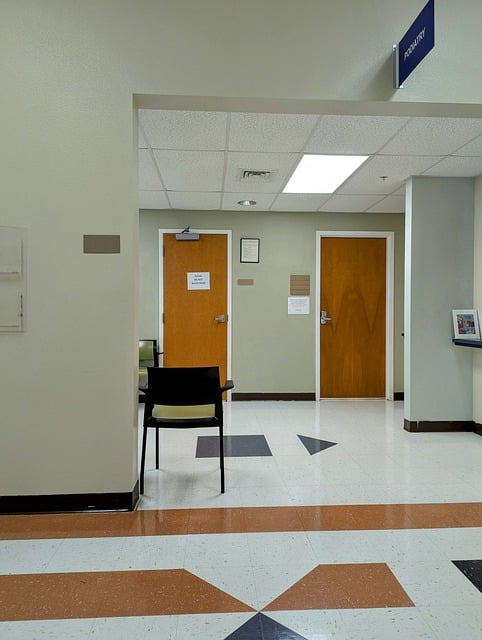The medical malpractice settlement process involves a multi-stage approach: investigation to establish liability, negotiations for compensation (including medical bills, pain & suffering, lost wages), and case evaluation by attorneys and medical experts. Key players include plaintiffs, defendants, and insurance companies, with the goal of fair compensation for victims while promoting accountability in healthcare. This intricate process aims to enhance long-term patient safety through meticulous evaluation and legal expertise.
Medical malpractice settlements are complex processes that require a deep understanding of legal implications, key player roles, and negotiation strategies. This article delves into the intricate steps of how such settlements are reached, from initial claim filing to finalization. We explore the roles of plaintiffs, defendants, and insurance companies, as well as the discovery phase, negotiation tactics, and factors influencing settlement amounts. By understanding these dynamics, individuals navigating medical malpractice claims can make informed decisions throughout the settlement process.
- Understanding the Medical Malpractice Settlement Process
- – Definition of medical malpractice and its legal implications
- – Key players involved in the settlement process: plaintiffs, defendants, insurance companies
Understanding the Medical Malpractice Settlement Process

The medical malpractice settlement process involves a series of steps designed to resolve disputes between patients who have suffered harm due to healthcare providers’ negligence and the parties responsible. It begins with an investigation to determine liability, followed by negotiations between the patient’s attorney and the defendant’s insurance company or legal representation. These discussions aim to reach a mutually agreeable compensation for the damages incurred, which may include medical expenses, pain and suffering, and lost wages.
Understanding the dynamics of nursing home neglect, truck accidents, and other medical malpractice cases is crucial during these negotiations. A patient’s attorney will gather evidence, consult with medical experts, and build a strong case to ensure fair compensation. In many instances, these settlements can result in substantial accident settlements, providing much-needed financial support for victims navigating the aftermath of such incidents.
– Definition of medical malpractice and its legal implications

Medical malpractice refers to a healthcare provider’s negligence that causes harm or injury to a patient. This can include misdiagnosis, improper treatment, medical errors, and failure to obtain informed consent. The legal implications are significant, as it often leads to complex legal battles where patients or their families pursue compensation through medical malpractice settlements. These cases involve careful evaluation of the medical evidence and a deep understanding of the applicable laws to determine liability and assess damages.
Unlike car accident injuries or product liability disputes, which may have clear-cut fault, medical malpractice cases are intricate due to the technical nature of healthcare. Negotiations for a medical malpractice settlement require a comprehensive review of medical records, expert opinions, and legal precedents. This process ensures that patients receive fair compensation for their suffering while holding healthcare providers accountable for their actions, fostering better patient care and safety in the long run.
– Key players involved in the settlement process: plaintiffs, defendants, insurance companies

In any medical malpractice settlement, several key players are involved in navigating and finalizing the process. The plaintiffs, who have experienced harm due to a healthcare provider’s negligence, play a central role by presenting their case and negotiating terms that accurately reflect their damages. They often retain an accident lawyer to guide them through legal complexities and ensure they receive fair compensation for medical expenses, pain, and suffering.
The defendants, typically healthcare providers or institutions like hospitals and nursing homes, aim to resolve the case without trial to avoid adverse judgments and the public exposure associated with nursing home neglect cases. Insurance companies are also crucial participants, as they underwrite and manage liability policies for healthcare professionals. They assess risk, negotiate settlements on behalf of their insureds, and contribute expertise in valuing potential accident settlements.
Medical malpractice settlements are complex processes involving careful negotiation between plaintiffs, defendants, and insurance companies. By understanding the roles of each party and the legal implications of malpractice, these negotiations can lead to fair resolutions for all involved. These settlements not only provide compensation for victims but also serve as a crucial aspect of ensuring healthcare providers maintain high standards, ultimately benefiting patients in the long run.






